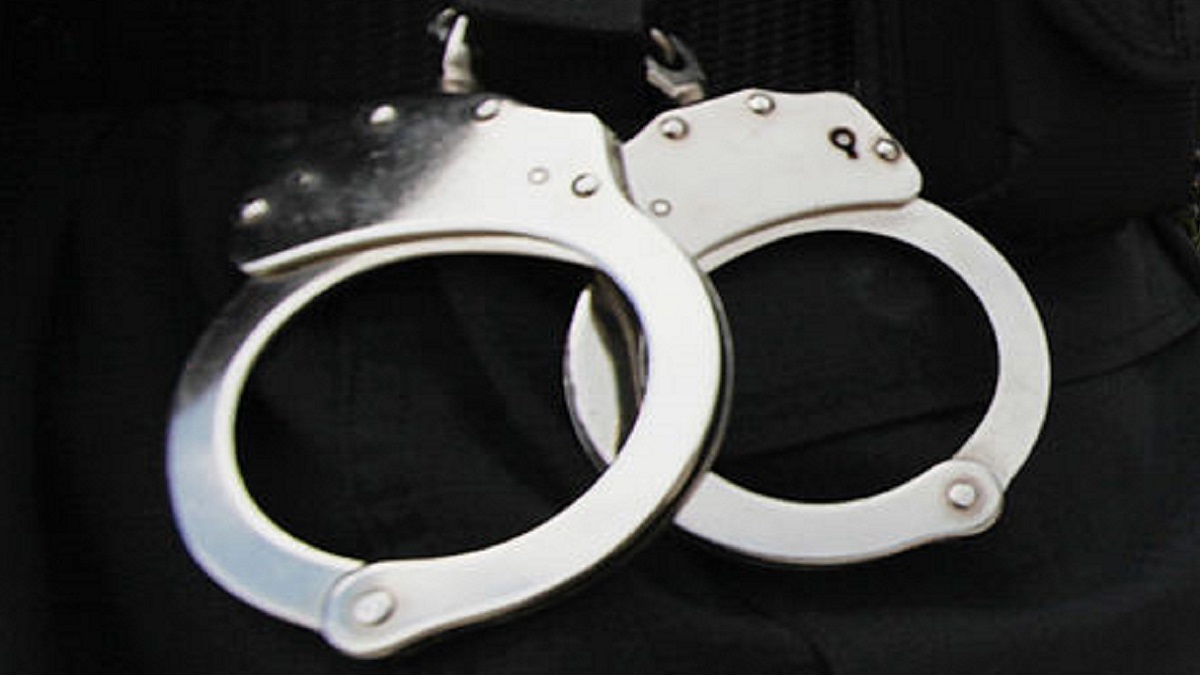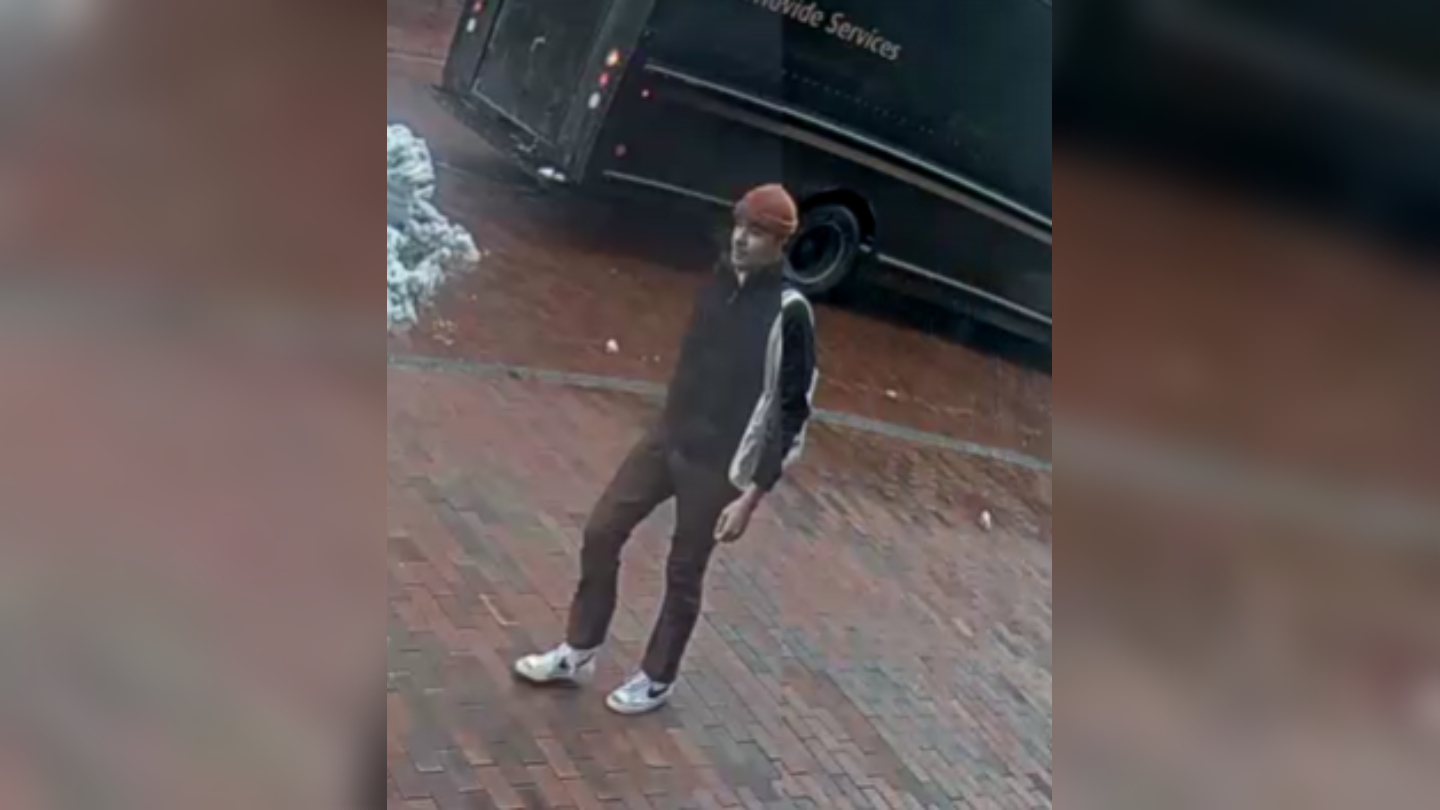With both chambers of the Vermont Statehouse expected to spend considerable time during the 2016 legislative session debating the pros and cons of legalizing small amounts of marijuana for personal, recreational use, supporters and opponents of the idea have started weighing in.
Tuesday, the Vermont Coalition to Regulate Marijuana announced a new digital advertisement that calls on lawmakers to regulate marijuana in a way similar to alcohol.
"Criminalizing it has not worked," said Suzi Wizowaty of the group Vermonters for Criminal Justice Reform. "It was a bad idea from the beginning. If the goal was to discourage people from using, it was a complete failure, because there is as much use of marijuana now than ever."
Proponents of legalization said an estimated 80,000 Vermonters each month smoke pot, spending up to $175-million a year on what is currently a black market.
"Growing jobs, finding new research breakthroughs and creating new economic activity -- those are things cannabis can do for Vermont," said Bill Lofy of the Vermont Cannabis Collaborative.
Regulation is the best way to manage harms associated with marijuana, the coalition insisted, and could generate revenues to fund drug education, prevention, treatment and enforcement.
There are currently several bills up for consideration in both the Vermont Senate and Vermont House of Representatives that outline proposals toward a path to marijuana legalization in the state. Each would only allow sales through licensed retailers or lounges, to users 21-years-old or older. Each proposal also balances creations of new commercial enterprises with rules aimed at protecting public safety.
Vermont
The latest news from around the state
"Take this very, very, very slow," advised Sheriff Steve Benard of Rutland County in testimony to the Vermont Senate Judiciary Committee Tuesday morning.
Benard said he and many colleagues around the state are "adamantly opposed" to the idea. Benard went to Colorado to study how legalization is working there, and told the Senate panel he worries about drugged driving, and messages legalization could send to young people.
"[Colorado] school officials acknowledge that marijuana has been a problem, legal or not, but they say greater availability and social acceptance appears to be promoting more kids to try it," Benard said.
Last week, in his final State of the State Address, Gov. Peter Shumlin, D-Vermont, said he wants to carefully and thoughtfully end the era of marijuana prohibition in Vermont, outlining several requirements he would have to see before he would sign a legalization bill.
Those requirements, according to the official text of Shumlin's 2016 State of the State Address, are:
• A legal market must keep marijuana and other drugs out of the hands of underage kids. The current system doesn't. Our new system must.
• The tax imposed must be low enough to wipe out the black market and get rid of the illegal drug dealers.
• Revenue from legalization must be used to expand addiction prevention programs.
• We must strengthen law enforcement's capacity to improve our response to impaired drivers under the influence of marijuana who are already on Vermont's roads.
• Take a hard lesson learned from other states and ban the sale of edibles until other states figure out how to do it right.



